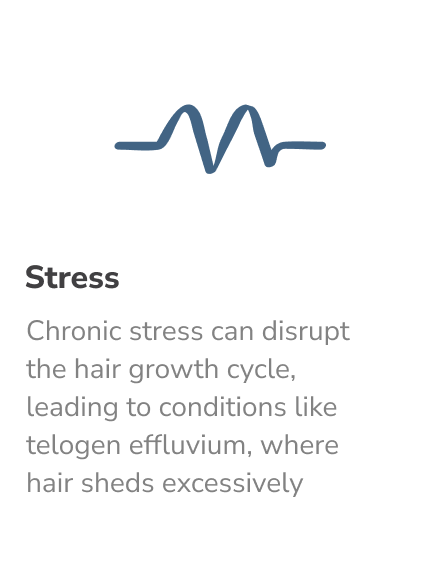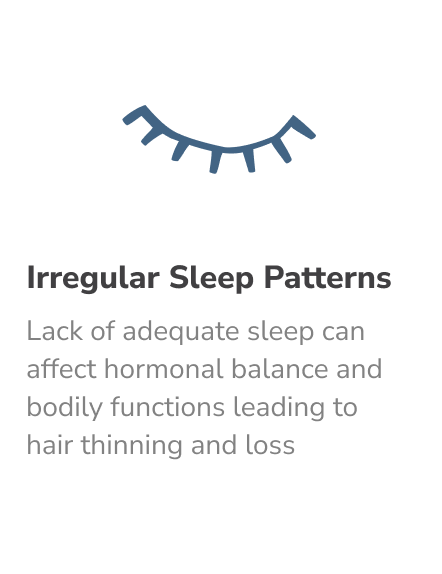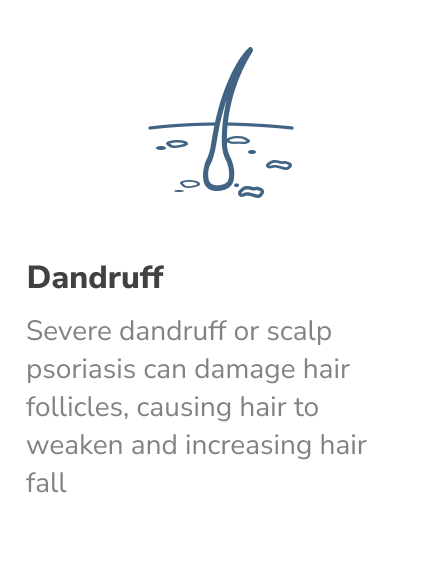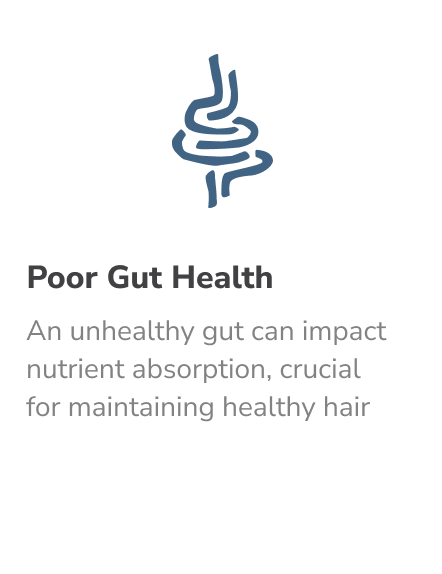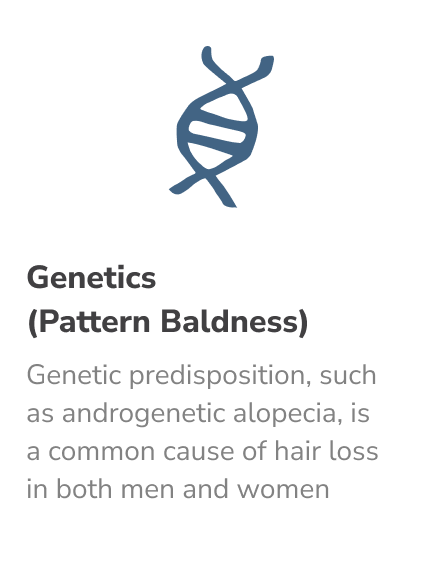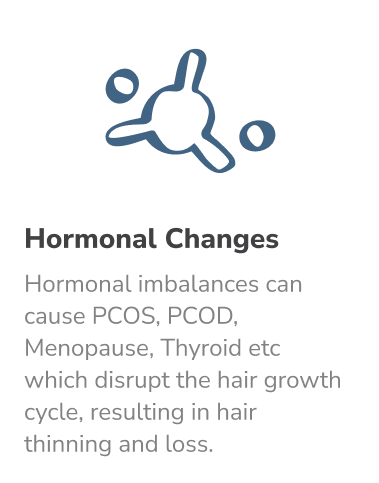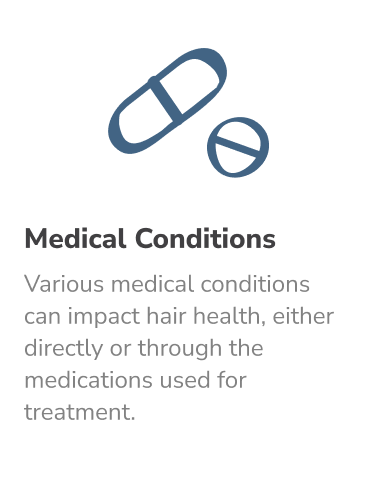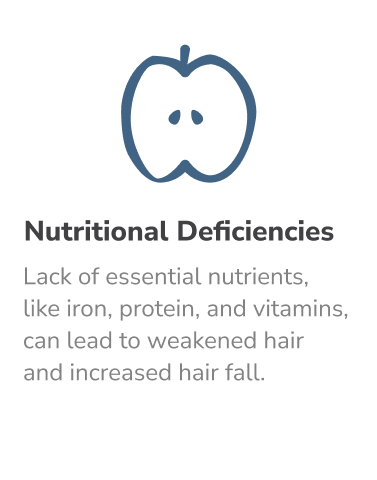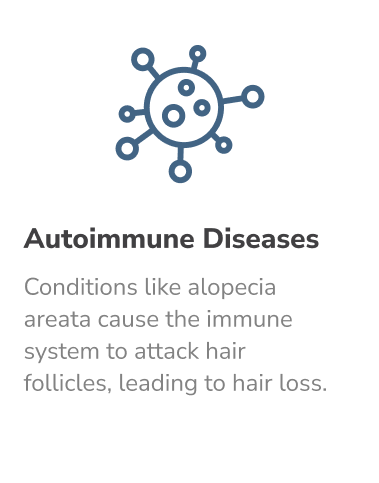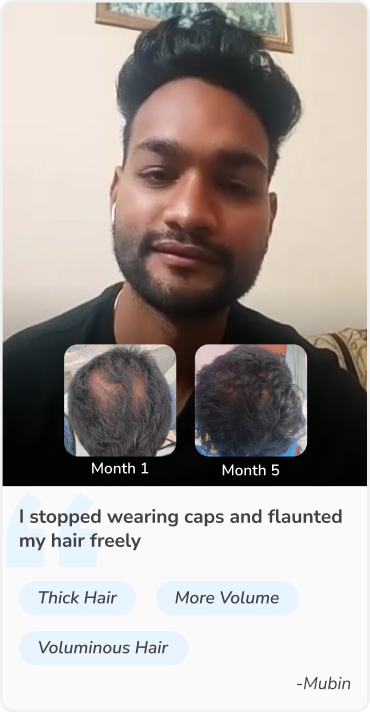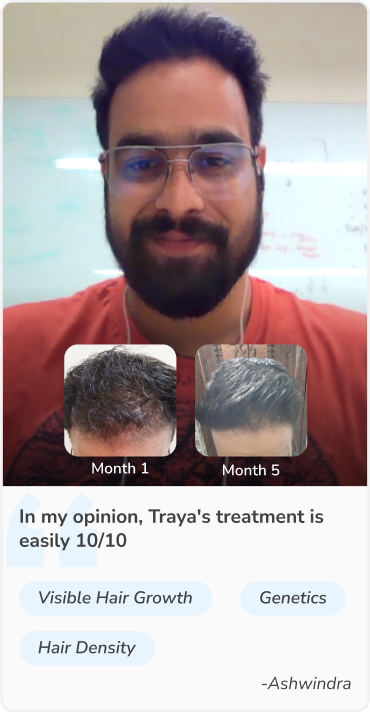Does your Hair Require Treatment?
If your hair looks like any of the following images, you need a hair treatment.
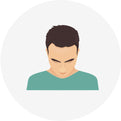
Stage1

Stage2

Stage3
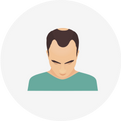
Stage4
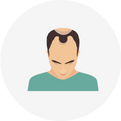
Stage5
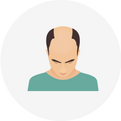
Stage6

Coin Size Patch
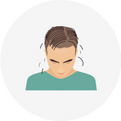
Heavy Hair Fall
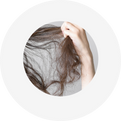
Texture loss
No widening

Starting to see widening
Medium widening
Advanced widening
Apart from this, if you have problems like thinning, poor hair quality, excessive shedding (more than 150 hair per day) or if you can see early signs of receding hair, you should start with a treatment at the earliest as prevention is better than cure.
Treatment Options for Hair Fall
(PRP):
Involves injecting your platelets into the scalp to stimulate hair growth.
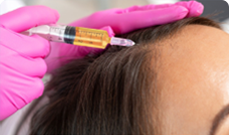
A newer technique injecting stem cells into the scalp to encourage hair follicles to grow.
Surgical procedures like Follicular Unit Transplantation (FUT) or Follicular Unit Extraction (FUE) involve transplanting hair from one part of the scalp to the balding areas.

Oral medications like Finasteride (for men) and topical treatments like Minoxidil can slow hair loss and promote growth.
These include solutions and foams applied directly to the scalp. Minoxidil is the most commonly effective in both men and women.
What makes Traya the Best Hair Treatment in India
Hair Coach Support
Traya offers expert guidance from hair coaches to provide personalized advice and support throughout your hair care journey.
Integrated 3-Science Approach
Combining Ayurveda, Dermatology, and Nutrition, Traya ensures a holistic and comprehensive treatment for hair loss.
Personalized Treatment
Tailored treatments are designed to meet individual needs and hair profiles, ensuring more effective and targeted results.

Safe Ingredients
The use of safe, clinically tested, and natural ingredients minimizes the risk of side effects while promoting hair health.
Solves Internal Problems Causing Hair Loss
Traya focuses on addressing the root causes of hair loss, such as hormonal imbalances, nutritional deficiencies, or stress, for long-term solutions.
Visible Results
Traya emphasizes not just treatment but also visible improvement, aiming for noticeable changes in hair growth and quality.
What makes Traya the Best Hair Treatment in India
Hair Coach Support
Traya offers expert guidance from hair coaches to provide personalized advice and support throughout your hair care journey.
Integrated 3-Science Approach
Combining Ayurveda, Dermatology, and Nutrition, Traya ensures a holistic and comprehensive treatment for hair loss.
Personalized Treatment
Tailored treatments are designed to meet individual needs and hair profiles, ensuring more effective and targeted results.
Safe Ingredients
The use of safe, clinically tested, and natural ingredients minimizes the risk of side effects while promoting hair health.
Solves Internal Problems Causing Hair Loss
Traya focuses on addressing the root causes of hair loss, such as hormonal imbalances, nutritional deficiencies, or stress, for long-term solutions.
Visible Results
Traya emphasizes not just treatment but also visible improvement, aiming for noticeable changes in hair growth and quality.
Why Choose Traya
Meet The Team Of Doctors

Dr. Harish Balaji
M.B.B.S, MD (Dermatology)

Dr. Siddhi Sonawane
M.B.B.S, MD (Dermatology)

Dr. Dhwani Saxena
M.B.B.S, MD (Dermatology)

Dr. Kalyani Deshmukh
M.B.B.S, MD (Dermatology)

Dr. Shreya Deoghare
M.B.B.S, MD (Dermatology)

Dr. Shweta Tripati
M.B.B.S, PG (Dermatology)

Dr. Shailendra Chaubey
B.A.M.S (Ayurvedic Practitioner)
Hear it from our Customers
FAQ’s

How to buy a Traya kit?
Read more

How long will the treatment take?
Read more

When will I get my prescription?
Read more
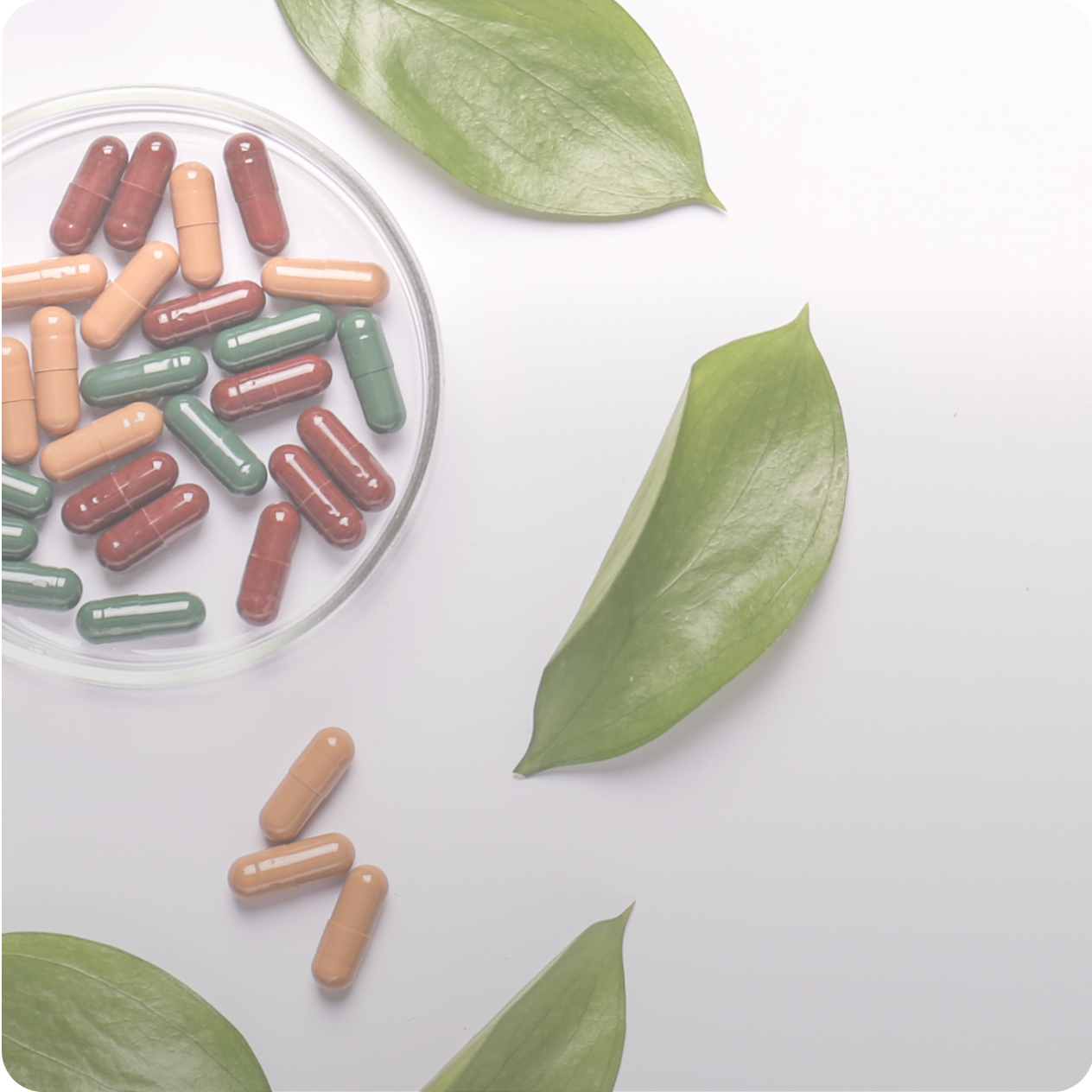
Can I use Traya with other medical treatments?
Read more
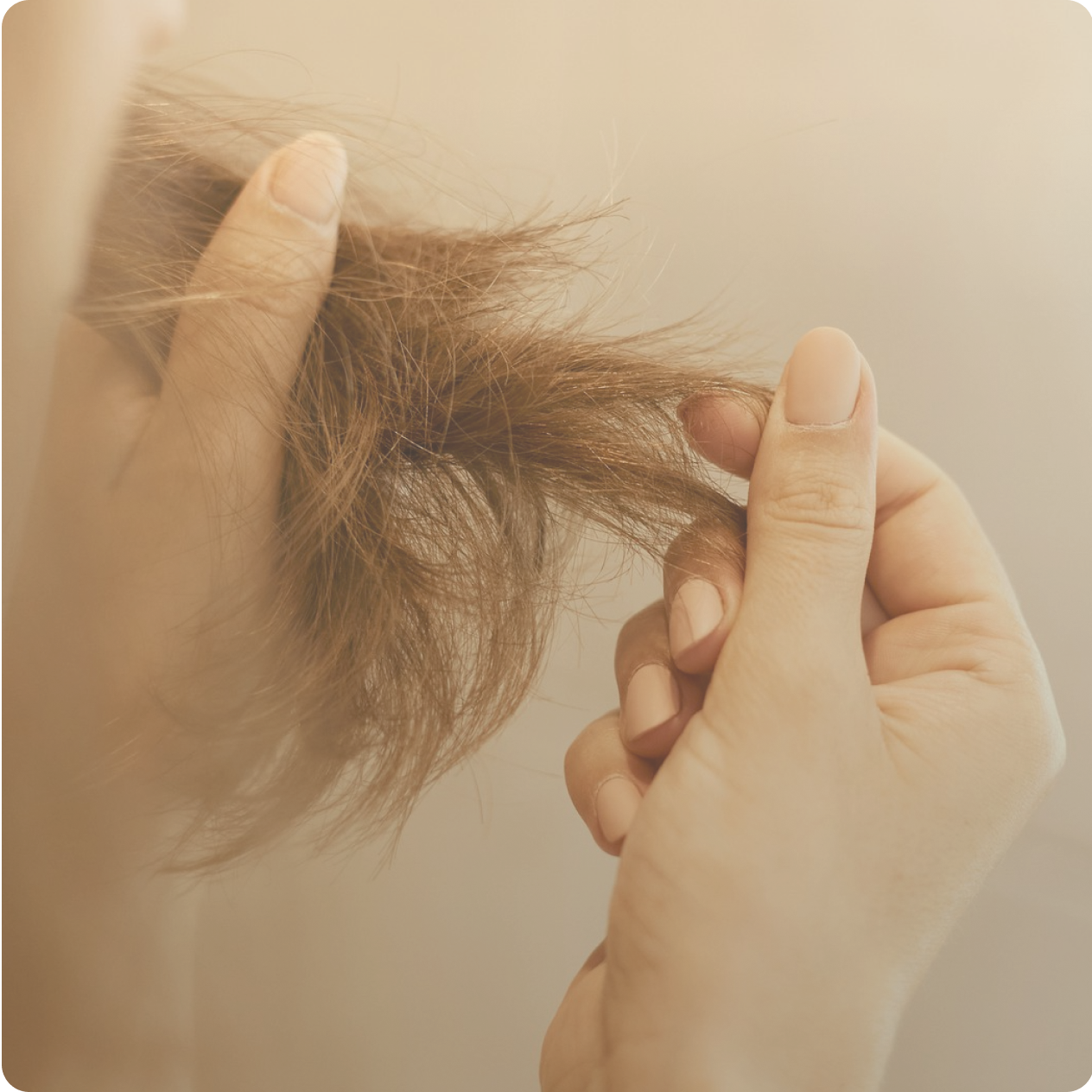
Who is my hair coach? When will I get my hair coach?
Read more
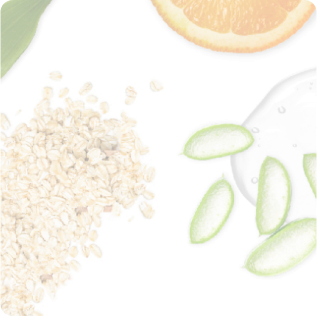
Do I need to follow the diet?
Read more










